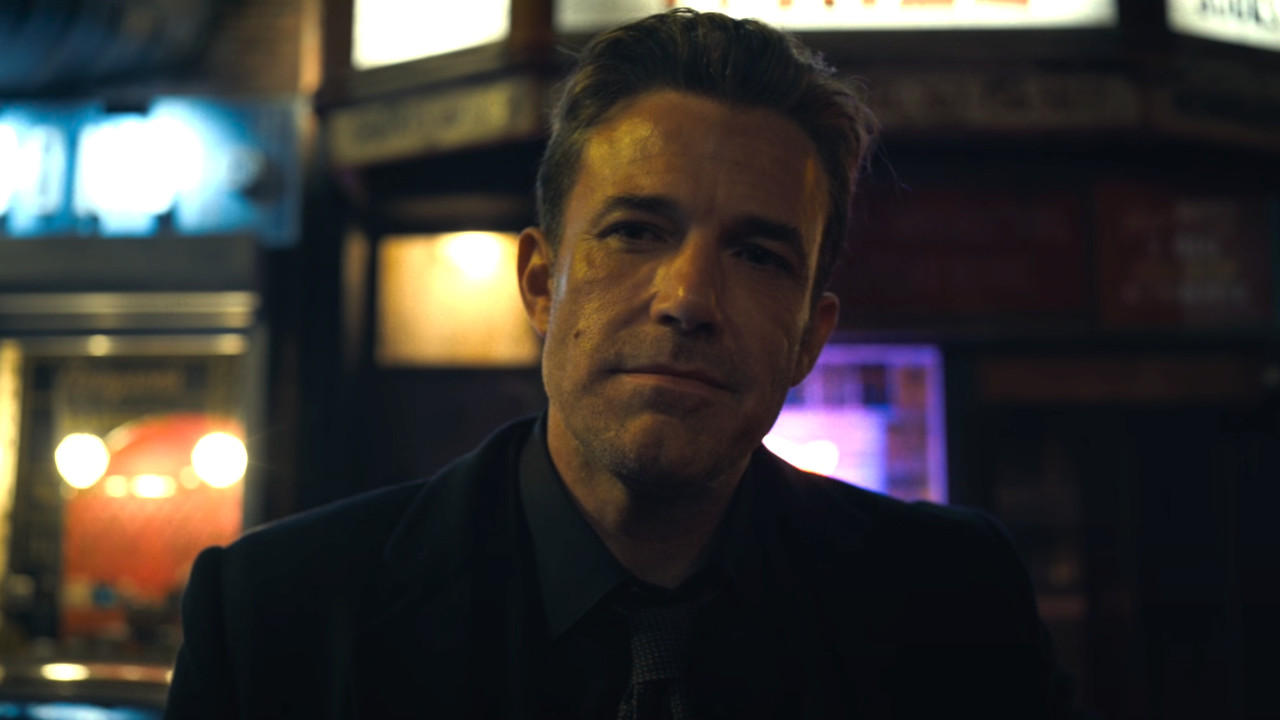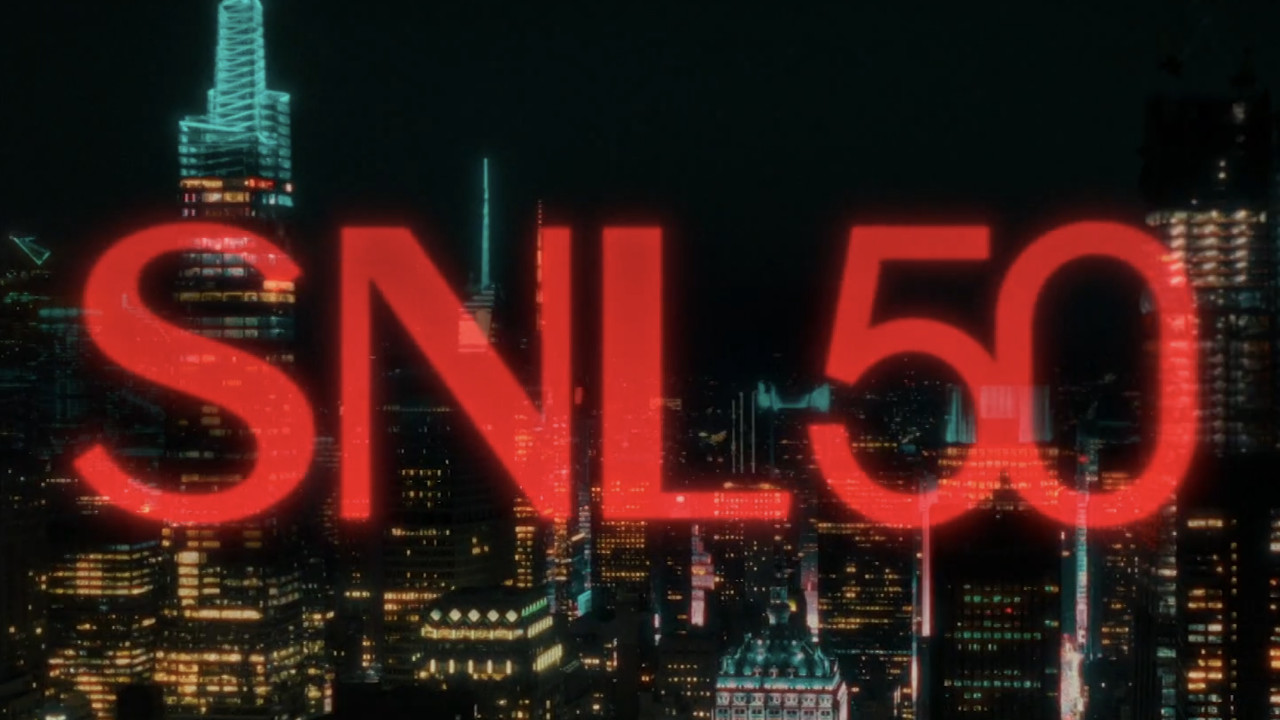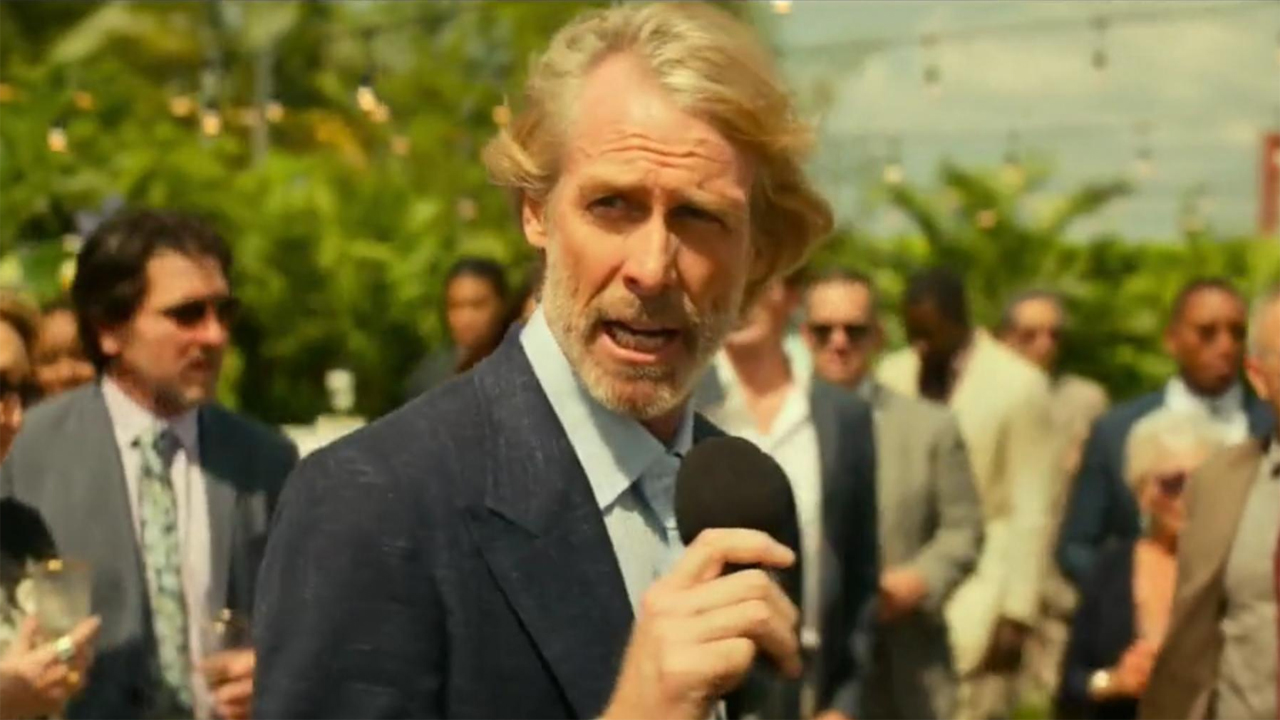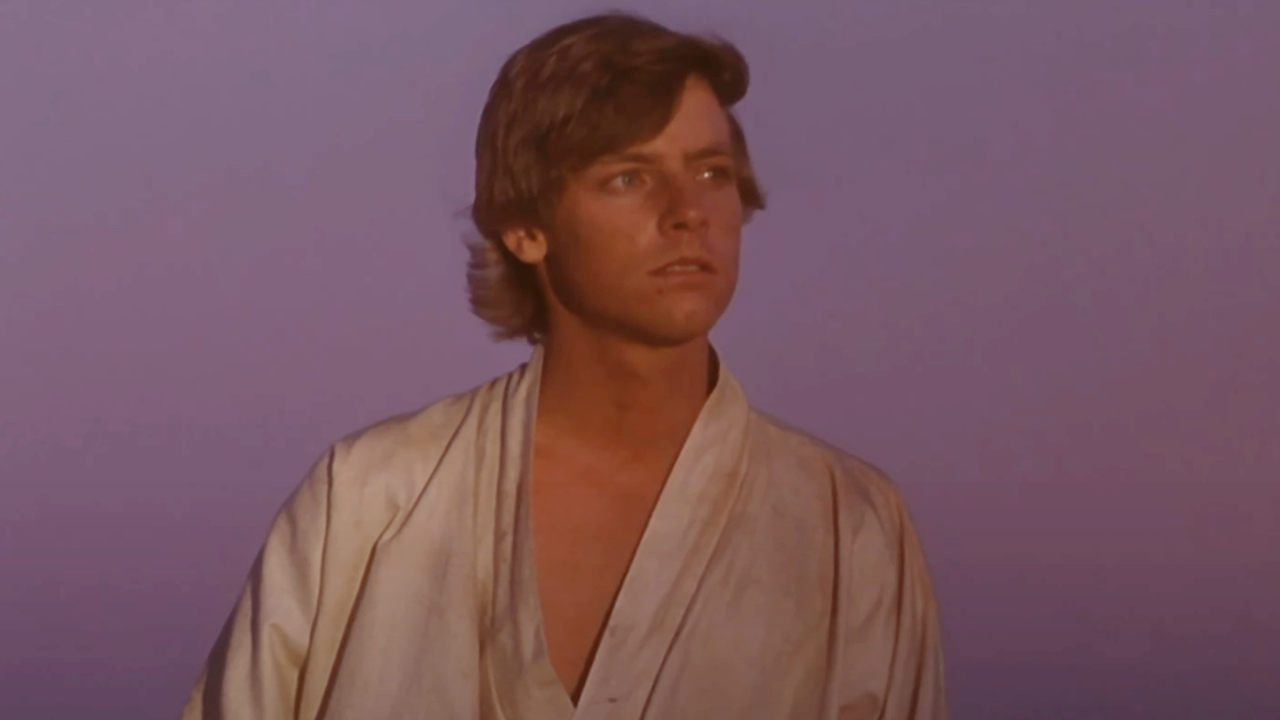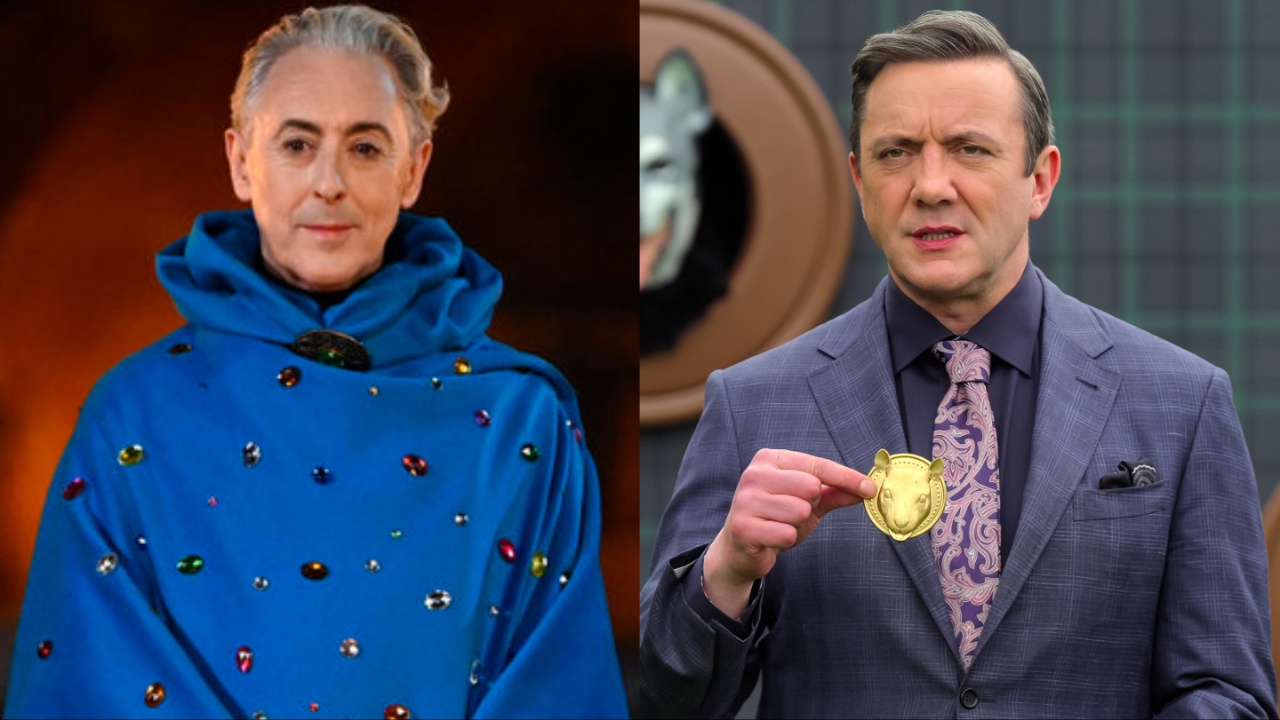Upcoming Movies In 2025: New Movie Release Dates
What a time to be alive in 2025.
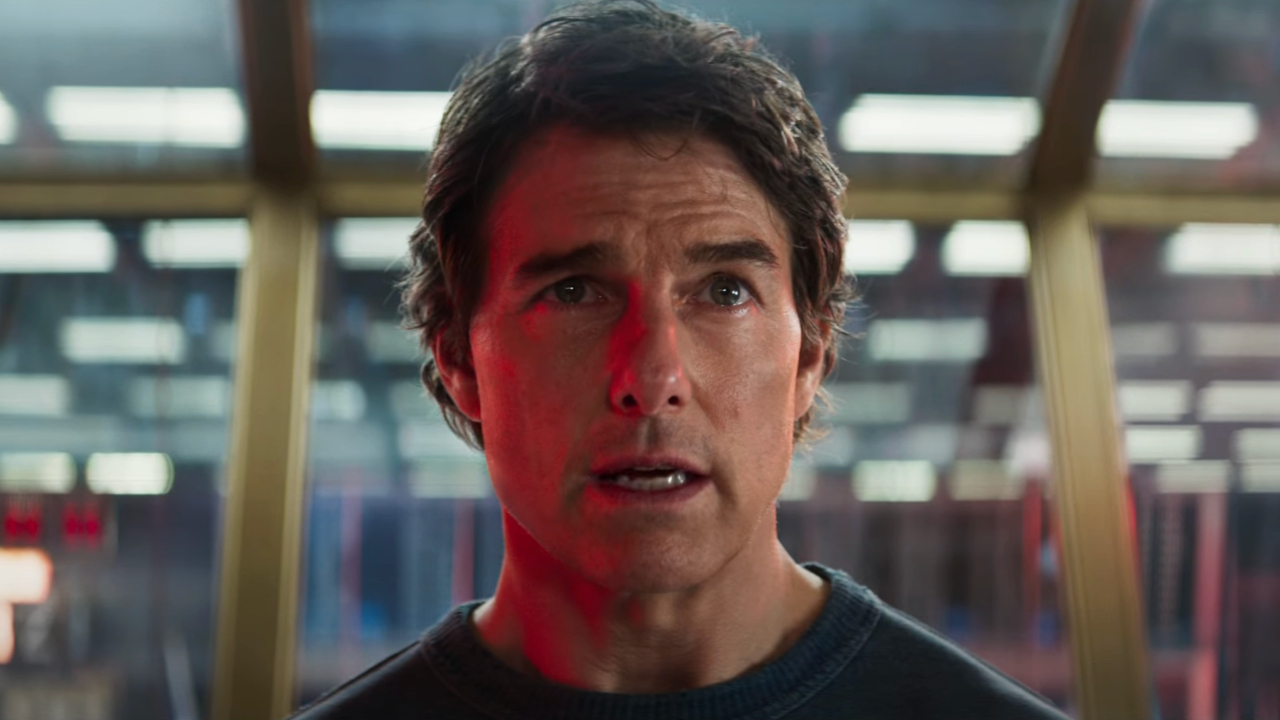
We are totally jazzed about all the upcoming 2025 movie releases we have to look forward to, following the exciting releases we enjoyed on our 2024 movie schedule. With all the upcoming superhero movies, all of the upcoming horror movies, all of the upcoming Netflix movies, the many upcoming sci-fi movies, and plenty more, it looks like this year is going to be even bigger. Let's take a quick peek at what 2025 has offer at the cinema.
April 2025 Movie Releases

April 2025 will see the first big video game adaptation of 2025 with director Jared Hess' A Minecraft Movie, and director Ryan Coogler and star Michael B. Jordan re-teaming for a vampire movie called Sinners.
Title | Rating | Starring | Release Date |
|---|---|---|---|
Shiver Me Timbers (VOD Release) | NR | Tony Greer, Paul Dewdney | April 1, 2025 |
Screamboat | NR | David Howard Thornton, Jesse Kove | April 2, 2025 |
Freaky Tales | R | Pedro Pascal, Ben Mendelsohn | April 4, 2025 |
Gazer | R | Jack Alberts, Luis Arroyo Jr. | April 4, 2025 |
The Luckiest Man in America | R | Paul Walter Hauser, Haley Bennett | April 4, 2025 |
A Minecraft Movie | PG | Jason Momoa, Danielle Brooks | April 4, 2025 |
A Nice Indian Boy | NR | Karan Soni, Jonathan Groff | April 4, 2025 |
Parvulos | TBD | Carla Adell, Mateo Ortega Casillas | April 4, 2025 |
Wake Up | TBD | Alessia Yoko Fontana, Benny O. Arthur | April 4, 2025 |
Not Just a Goof (Disney+ Release) | TBD | Bill Farmer, Jason Marsen | April 7, 2025 |
The Amateur | PG-13 | Rami Malek, Laurence Fishburne | April 11, 2025 |
Drop | PG-13 | Violett Beane, Brandon Sklenar | April 11, 2025 |
King of Kings | PG | Oscar Isaac, Forest Whitaker | April 11, 2025 |
Sacramento | R | Kristen Stewart, Michael Angarano | April 11, 2025 |
Warfare | R | Joseph Quinn, Cosmo Jarvis | April 11, 2025 |
Sinners | R | Michael B. Jordan, Wunmi Mosaku | April 18, 2025 |
Sneaks | PG | Laurence Fishburne, Anthony Mackie | April 18, 2025 |
The Ugly Stepsister | TBD | Lea Myren, Flo Fagerli | April 18, 2025 |
The Accountant 2 | R | Ben Affleck, Jon Bernthal | April 25, 2025 |
Cheech and Chong's Last Movie (Wide Release) | R | Tommy Chong, Cheech Marin | April 25, 2025 |
Havoc (Netflix Release) | TV-MA | Tom Hardy, Jessie Mei Li | April 25, 2025 |
Magic Farm | TBD | Chloë Sevigny, Alex Wolff | April 25, 2025 |
The Shrouds (Wide Release) | R | Vincent Cassel, Diane Kruger | April 25, 2025 |
Until Dawn | R | Peter Stormare, Michael Cimino | April 25, 2025 |
May 2025 Movie Releases
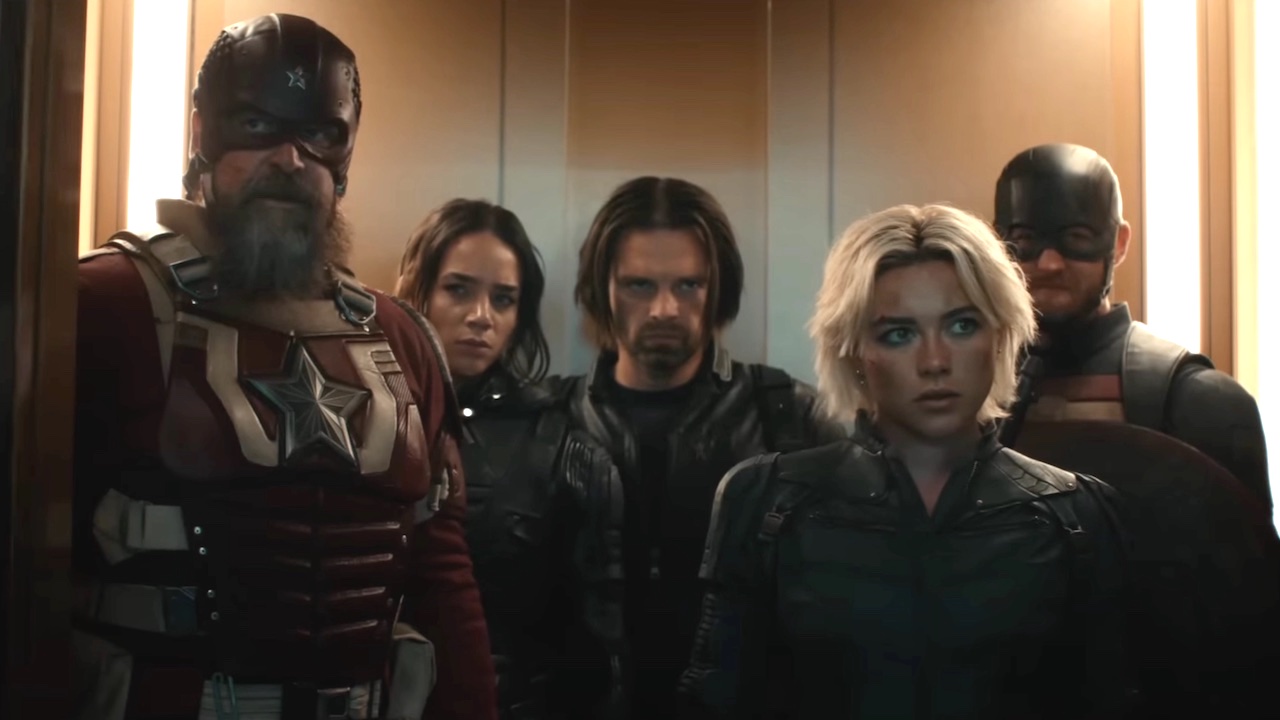
A new team of Marvel superheroes unites in Thunderbolts*, Ethan Hunt and his team (hopefully) complete their latest assignment in Mission: Impossible - The Final Reckoning, and Ralph Macchio's Daniel LaRusso and Jackie Chan's Mr. Han meet in the latest Karate Kid movie, Karate Kid: Legends, in May 2025.
Title | Rating | Starring | Release Date |
|---|---|---|---|
Another Simple Favor (Amazon Prime Release) | R | Anna Kendrick, Blake Lively | May 1, 2025 |
Shadow Force | R | Kerry Washington, Omar Sy | May 2, 2025 |
Thunderbolts* | TBD | Florence Pugh, Sebastian Stan | May 2, 2025 |
Atlantis | TBD | Kelvin Harrison Jr., Halle Bailey | May 9, 2025 |
Clown in a Cornfield | R | Katie Douglas, Kevin Durand | May 9, 2025 |
Fight or Flight | TBD | Josh Hartnett, Katee Sackhoff | May 9, 2025 |
Friendship | R | Tim Robinson, Paul Rudd | May 9, 2025 |
Nonnas (Netflix Release) | PG | Vince Vaughn, Linda Cardellini | May 9, 2025 |
Final Destination: Bloodlines | R | Tony Todd, Rya Kihlstedt | May 16, 2025 |
Hurry Up Tomorrow | R | The Weeknd, Jenna Ortega | May 16, 2025 |
The Ruse | R | Veronica Cartwright, Michael Steger | May 16, 2025 |
Fountain of Youth (Apple TV+ Release) | PG-13 | John Krasinski, Natalie Portman | May 23, 2025 |
Fear Street: Prom Queen (Netflix Release) | R | India Fowler, Suzanna Son | May 23, 2025 |
Lilo & Stitch | PG | Chris Sanders, Maia Kealoha | May 23, 2025 |
Mission: Impossible - The Final Reckoning | TBD | Tom Cruise, Hannah Waddingham | May 23, 2025 |
Bring Her Back | R | Sally Hawkins, Billy Barratt | May 30, 2025 |
Karate Kid: Legends | TBD | Jackie Chan, Ralph Macchio | May 30, 2025 |
The Phoenician Scheme (Limited Release) | TBD | Tom Hanks, Scarlett Johansson | May 30, 2025 |
Honey Don't! | TBD | Margaret Qualley, Aubrey Plaza | TBD |
June 2025 Movie Releases

There is something for everyone to see in June 2025. Families will love Pixar's animated sci-fi adventure Elio and the live-action How to Train Your Dragon remake, while the return to the land of the Infected in 28 Years Later and the technophobic horror sequel M3GAN 2.0 is perfect for fans of all things spooky.
Title | Rating | Starring | Release Date |
|---|---|---|---|
Ballerina | TBD | Ana de Armas, Keanu Reeves | June 6, 2025 |
Dangerous Animals | R | Hassie Harrison, Jai Courtney | June 6, 2025 |
I Don't Understand You | TBD | Nick Kroll, Andrew Rannells | June 6, 2025 |
The Life of Chuck | R | Tom Hiddleston, Chiwetel Ejiofor | June 6, 2025 |
The Phoenician Scheme (Wide Release) | TBD | Tom Hanks, Scarlett Johansson | June 6, 2025 |
The Ritual | TBD | Al Pacino, Dan Stevens | June 6, 2025 |
Deep Cover (Amazon Prime Release) | R | Bryce Dallas Howard, Orlando Bloom | June 12, 2025 |
How to Train Your Dragon | PG | Mason Thames, Nico Parker | June 13, 2025 |
Materialists | R | Dakota Johnson, Chris Evans | June 13, 2025 |
28 Years Later | TBD | Aaron Taylor-Johnson, Jodie Comer | June 20, 2025 |
Elio | TBD | Yonas Kibreab, America Ferrera | June 20 2025 |
F1 | TBD | Brad Pitt, Javier Bardem | June 27, 2025 |
M3GAN 2.0 | TBD | Allison Williams, Ivanna Sakhno | June 27, 2025 |
July 2025 Movie Releases
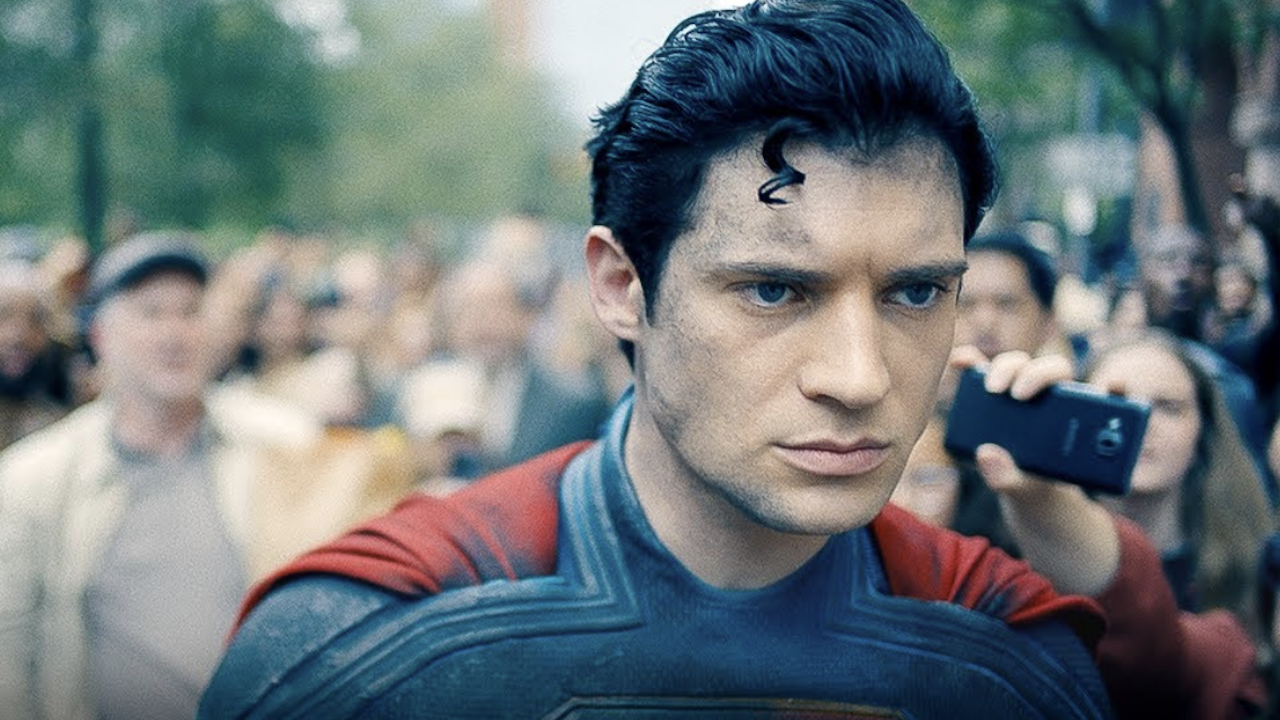
July 2025 will be a big month for comic book films with one of the most anticipated upcoming DC movies — James Gunn's DCU-canon Superman — and one of the most long-awaited upcoming Marvel movies — Matt Shakman's MCU-canon Fantastic Four reboot — but will dinosaurs rule the box office when Jurassic World Rebirth, the fourth installment of the sci-fi movie, hits theaters?
Title | Rating | Starring | Release Date |
|---|---|---|---|
Jurassic World Rebirth | TBD | Scarlett Johansson, Jonathan Bailey | July 2, 2025 |
The Old Guard 2 (Netflix Release) | TBD | Charlize Theron, AJ Dix | July 2, 2025 |
Untitled Trey Parker / Matt Stone / Kendrick Lamar / Dave Free Project | TBD | Kendrick Lamar, Celeste Octavia | July 4, 2025 |
Superman | TBD | David Corenswet, Rachel Brosnahan | July 11, 2025 |
I Know What You Did Last Summer Sequel | TBD | Madelyn Cline, Freddie Prinze Jr. | July 18, 2025 |
Smurfs | TBD | Hannah Waddingham, Kurt Russell | July 18, 2025 |
The Fantastic Four: First Steps | TBD | Pedro Pascal, Vanessa Kirby | July 25, 2025 |
Happy Gilmore 2 (Netflix Release) | TBD | Adam Sandler, Julie Bowen | July 25, 2025 |
August 2025 Movie Releases
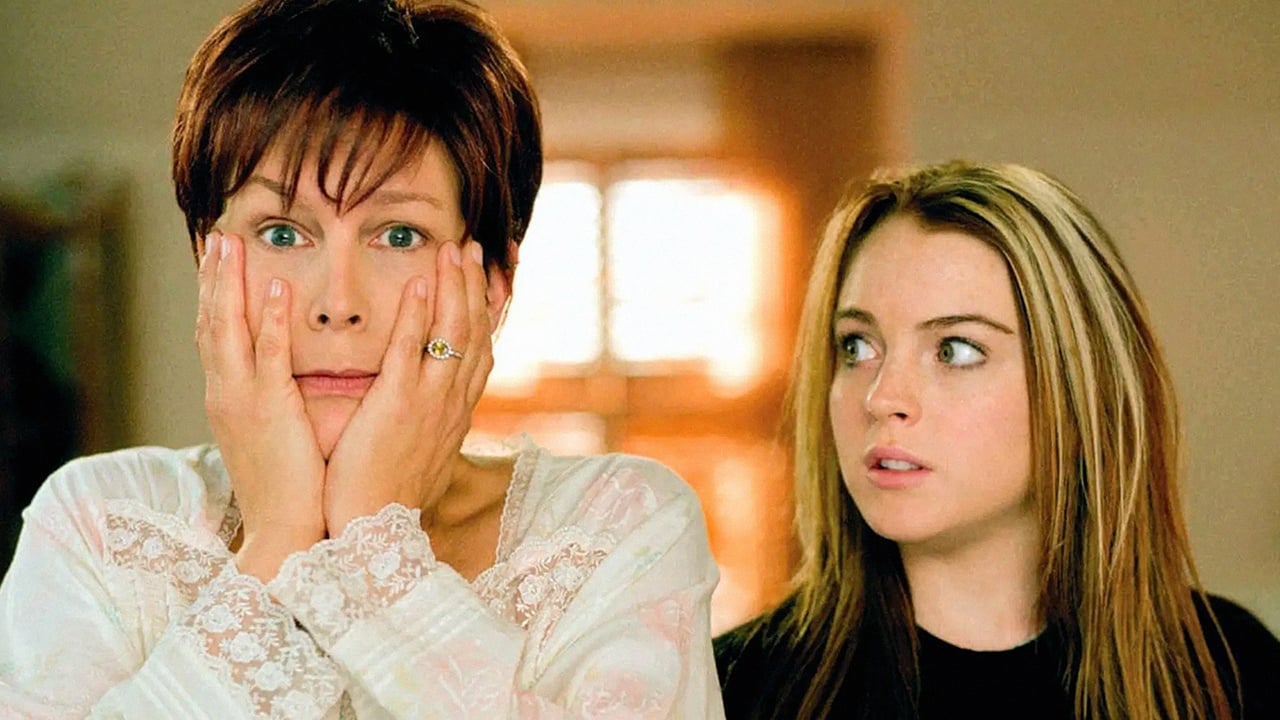
There are a couple of different animated animal movies to look forward to in August 2025 — namely a sequel to The Bad Guys and the Ryan Reynolds-led Animal Friends — as well as Freakier Friday, which is a sequel to Freaky Friday with Jamie Lee Curtis and Lindsay Lohan, and a reboot of The Naked Gun starring Liam Neeson.
Title | Rating | Starring | Release Date |
|---|---|---|---|
The Bad Guys 2 | TBD | Sam Rockwell, Zazie Beetz | August 1, 2025 |
Beneath the Storm | TBD | Djimon Hounsou, Phoebe Dynevor | August 1, 2025 |
The Naked Gun | TBD | Liam Neeson, Pamela Anderson | August 1, 2025 |
Together | TBD | Alison Brie, Dave Franco | August 1, 2025 |
Freakier Friday | TBD | Jamie Lee Curtis, Lindsay Lohan | August 8, 2025 |
Weapons | TBD | Josh Brolin, Julia Garner | August 8, 2025 |
Nobody 2 | TBD | Bob Odenkirk, Connie Nielsen | August 15, 2025 |
Americana | TBD | Sydney Sweeney, Derek Hinkey | August 22, 2025 |
Relay | TBD | Riz Ahmed, Sam Worthington | August 22, 2025 |
Caught Stealing | TBD | Austin Butler, Vincent D'Onofrio | August 29, 2025 |
The Toxic Avenger | NR | Peter Dinkalge, Jacob Tremblay | August 29, 2025 |
September 2025 Movie Releases

Ed and Lorraine Warren return for one more paranormal investigation in The Conjuring: Last Rites, the final installment in the horror franchise's core series, and England's loudest band reunites for another rockumentary with Spinal Tap II: The End Continues in September 2025.
CINEMABLEND NEWSLETTER
Your Daily Blend of Entertainment News
Title | Rating | Starring | Release Date |
|---|---|---|---|
The Conjuring: Last Rites | TBD | Patrick Wilson, Vera Farmiga | September 5, 2025 |
Light of the World | TBD | David Kaye, Adam Kozlick | September 5, 2025 |
Demon Slayer -Kimetsu no Yaiba- The Movie: Infinity Castle | TBD | Natsuki Hanae, Yoshitsugu Matsuoka | September 12, 2025 |
Downton Abbey 3 | TBD | Michelle Dockery, Joely Richardson | September 12, 2025 |
Spinal Tap II: The End Continues | TBD | Christopher Guest, Michael McKean | September 12, 2025 |
A Big Bold Beautiful Journey | TBD | Colin Farrell, Margot Robbie | September 19, 2025 |
Ella McCay | TBD | Woody Harrelson, Ayo Edebiri | September 19, 2025 |
Him | TBD | Julia Fox, Marlon Wayans | September 19, 2025 |
Gabby’s Dollhouse: The Movie | TBD | Maria Bamford, Mimi Webb | September 26, 2025 |
One Battle After Another | TBD | Leonardo DiCaprio, Sean Penn | September 26, 2025 |
The Strangers: Chapter 2 | TBD | Madelaine Petsch, Gabriel Basso | September 26, 2025 |
October 2025 Movie Releases

October 2025 will, essentially, be a hub for huge sequels and reboots, including a new chapter in Disney's iconic sci-fi franchise with the long-awaited Tron: Ares, but also sees the release of the most anticipated upcoming music biopic in years with Antoine Fuqua's Michael, which stars Michael Jackson's nephew, Jafaar Jackson, as the late King of Pop.
Title | Rating | Starring | Release Date |
|---|---|---|---|
Michael | TBD | Jaafar Jackson, Colman Domingo | October 3, 2025 |
Roofman | TBD | Channing Tatum, Kirsten Dunst | October 3, 2025 |
The Smashing Machine | TBD | Dwayne Johnson, Emily Blunt | October 3, 2025 |
Animal Friends | TBD | Ryan Reynolds, Aubrey Plaza | October 10, 2025 |
Tron: Ares | TBD | Jared Leto, Greta Lee | October 10, 2025 |
After The Hunt (Wide Release) | TBD | Julia Roberts, Andrew Garfield | October 17, 2025 |
The Black Phone 2 | TBD | Ethan Hawke, Mason Thames | October 17, 2025 |
Good Fortune | TBD | Keanu Reeves, Seth Rogen | October 17, 2025 |
Mortal Kombat II | TBD | Hiroyuki Sanada, Karl Urban | October 24, 2025 |
Regretting You | TBD | Mckenna Grace, Mason Thames | October 24, 2025 |
Poohniverse: Monsters Assemble | TBD | Ryan Oliva, Scott Chambers | TBD |
November 2025 Movie Releases
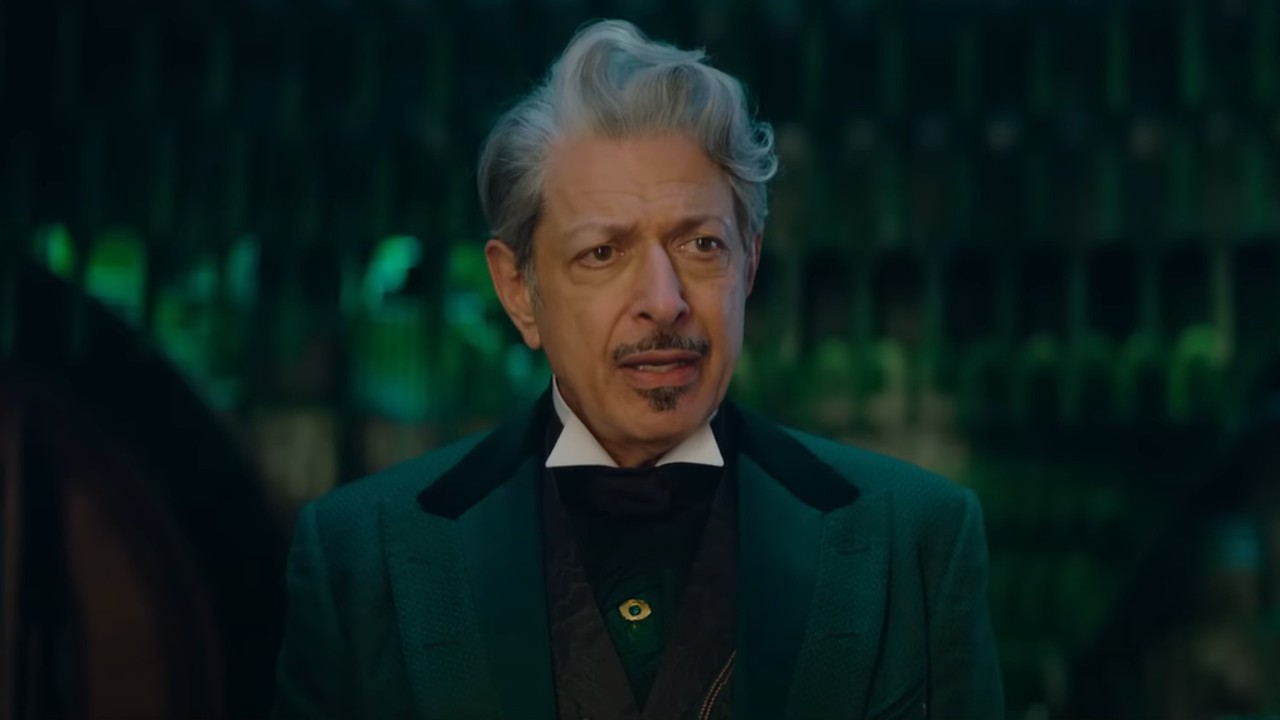
The second half of the cinematic adaptation of the Broadway fantasy, Wicked, the long-awaited sequel to Disney's Zootopia, and (hopefully) the MCU's Blade reboot hit the big screen in November 2025.
Title | Rating | Starring | Release Date |
|---|---|---|---|
Bugonia | TBD | Jesse Plemons, Emma Stone | November 7, 2025 |
Predator: Badlands | TBD | Elle Fanning | November 7, 2025 |
The Running Man | TBD | Glen Powell, Katy M. O'Brian | November 7, 2025 |
Now You See Me 3 | TBD | Jesse Eisenberg, Woody Harrelson | November 14, 2025 |
Wicked: For Good | TBD | Cynthia Erivo, Ariana Grande | November 21, 2025 |
Zootopia 2 | TBD | Jason Bateman, Ginnifer Goodwin | November 26, 2025 |
Frankenstein (Netflix Release) | TBD | Oscar Isaac, Jacob Elordi | TBD |
December 2025 Movie Releases

In December 2025, return to the Internet's favorite haunted pizza place with the sequel to Five Nights at Freddy's, return to Pandora with the third installment of James Cameron's Avatar saga, and return to Bikini Bottom with The SpongeBob Movie: Search for Squarepants.
Title | Rating | Starring | Release Date |
|---|---|---|---|
Five Nights at Freddy’s 2 | TBD | Josh Hutcherson, Elizabeth Lail | December 5, 2025 |
Avatar: Fire and Ash | TBD | Sam Worthington, Zoe Saldaña | December 19, 2025 |
The SpongeBob Movie: Search for Squarepants | TBD | Tom Kenny, Bill Fagerbakke | December 19, 2025 |
Anaconda | TBD | Jack Black, Paul Rudd | December 25, 2025 |
The Housemaid | TBD | Brandon Sklenar, Sydney Sweeney | December 25, 2025 |
Marty Supreme | TBD | Timothée Chalamet, Gwyneth Paltrow | December 25, 2025 |
2025 - Date TBD

Benoit Blanc returns for his most dangerous case yet in the third Knives Out movie, Wake Up Dead Man. However, when the whodunnit becomes available with a Netflix subscription — like other movies set for an unspecified 2025 release date — remains unknown at the moment.
Title | Rating | Starring |
|---|---|---|
Architecton | G | TBD |
The Ballad of a Small Prayer (Netflix Release) | TBD | Colin Farrell, Fala Chen |
Broke | R | Wyatt Russell, Peter Billingsley |
Champagne Problems (Netflix Release) | TBD | Minka Kelly, Tom Wozniczka |
Dirty Dancing | TBD | TBD |
Eddie (Netflix Release) | TBD | Eddie Murphy |
Eddington | TBD | Joaquin Phoenix, Emma Stone |
Eleanor the Great | PG-13 | June Squibb; Chiwetel Ejiofor |
Fackham Hall | TBD | Ben RadcliffeThomasin McKenzie |
Highest 2 Lowest | TBD | Denzel Washington, Jeffrey Wright |
The Home | TBD | Pete Davidson, Adam Canto |
Horizon: An American Saga - Chapter 2 | TBD | Kevin Costner, Isabelle Fuhrmann |
If I Had Legs I'd Kick You | TBD | Rose Byrne, Conan O'Brien |
In the Grey | TBD | Eiza González, Henry Cavill |
In Your Dreams (Netflix Release) | TBD | Jolie Hoang-Rappaport, Elias Janssen |
Jay Kelly (Netflix Release) | TBD | George Clooney, Adam Sandler |
K-Pop: Demon Hunters (Netflix Release) | PG | TBD |
Lost in Starlight (Netflix Release) | TV-14 | Kim Tae-ri, Hong Kyung |
The Magnificent Life of Marcel Pagnol | TBD | Noa Staes, Martin Meersman |
A Merry Little Ex-Mas (Netflix Release) | TBD | Alicia Silverstone, Oliver Hudson |
My Oxford Year (Netflix Release) | TBD | Sofia Carson, Corey Mylchreest |
Nuremberg | TBD | Rami Malek, Russell Crowe |
The Panic | TBD | Donald Sutherland, Malcolm McDowell |
Pookoo (Netflix Release) | TBD | TBD |
R&B (Netflix Release) | TBD | Serayah McNeill, Tyler Lepley |
RIP (Netflix Release) | TBD | Ben Affleck, Matt Damon |
Sesame Street | TBD | Bo Burnham, Chance the Rapper |
Silent Night, Deadly Night | TBD | TBD |
Sorry, Baby | TBD | Eva Victor, Naomi Ackie |
Steve (Netflix Release) | TBD | Cillian Murphy, Jay Lycurgo |
Straw (Netflix Release) | TV-MA | Taraji P. Henson, Sherri Shepherd |
Thanksgiving 2 | TBD | Nell Verlaque, Addison Rae |
The Thursday Murder Club (Netflix Release) | TBD | Helen Mirren, Pierce Brosnan |
Troll 2 (Netflix Release) | TBD | Ine Marie Wilmann, Sara Khorami |
The Twits (Netflix Release) | PG | Margo Martindale, Johnny Vegas |
Tyler Perry's Madea's Destination Wedding (Netflix Release) | TBD | Tyler Perry, Cassi Davis Patton |
Vicious | TBD | Dakota Fanning, Mary McCormack |
Wake Up Dead Man: A Knives Out Mystery (Netflix Release) | TBD | Daniel Craig, Cailee Spaeny |
The Woman in Cabin 10 (Netflix Release) | TBD | Keira Knightley, Guy Pearce |
The Wrong Paris (Netflix Release) | TBD | Miranda Cosgrove, Pierson Fodé |
Untitled Damien Chazelle/Paramount Project | TBD | TBD |
Untitled Kathryn Bigelow (Netflix Release) | TBD | Idris Elba, Rebecca Ferguson |
Untitled Star Trek Sequel | TBD | TBD |
January 2025 Movie Releases
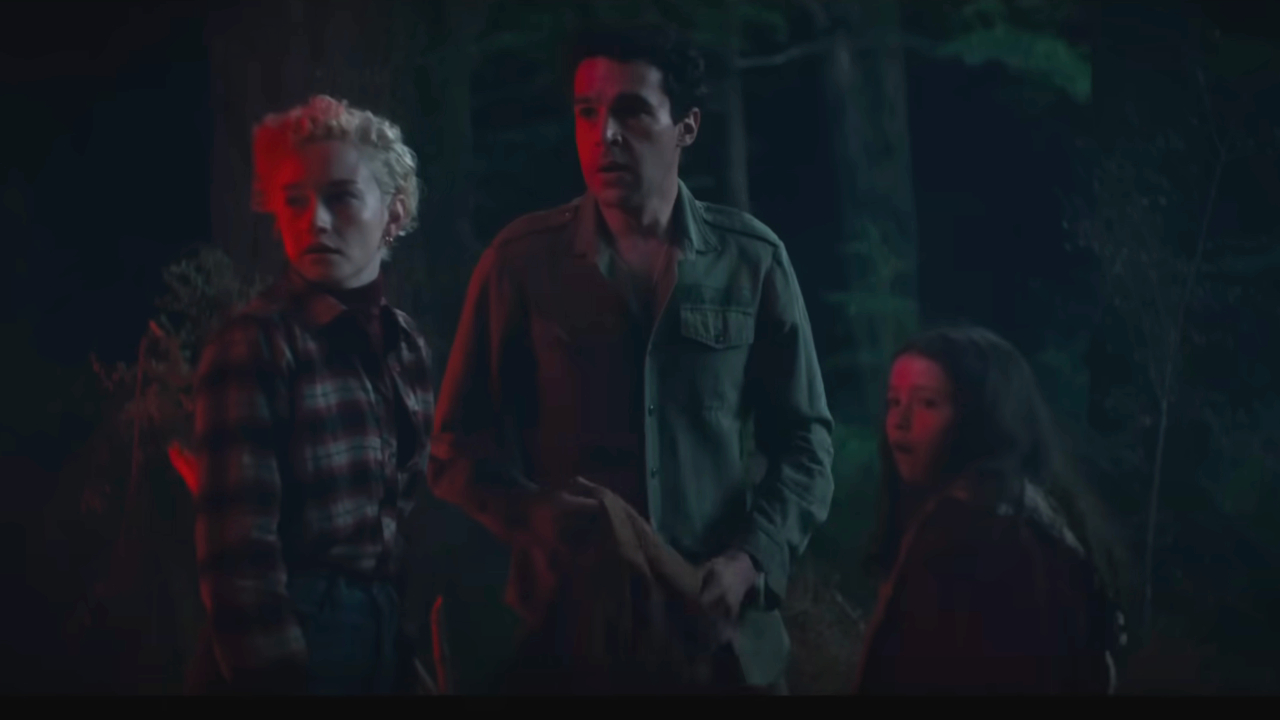
Christopher Abbott became an animal in Leigh Whannell's Wolf Man, Captain Underpants author Dav Pilkey's canine crusader Dog Man got his own movie, Sophie Thatcher proved to be a worthy Companion in the clever sci-fi thriller, and more happened in January 2025.
Title | Rating | Starring | Release Date |
|---|---|---|---|
Cunk On Life (Netflix Release) | TV-MA | Diane Morgan, Jerry Wilder | January 2, 2025 |
The Damned | R | Odessa Young, Joe Cole | January 3, 2025 |
Vermiglio (Wide Release) | NR | Tommaso Ragno, Roberta Rovell | January 3, 2025 |
Better Man (Wide Release) | R | Robbie Williams, Damon Herriman | January 10, 2025 |
Den of Thieves 2: Pantera | R | Gerard Butler, Jordan Bridges | January 10, 2025 |
Peter Pan's Neverland Nightmare | NR | Kierston Wareing, Chrissie Wunna | January 13, 2025 |
Back In Action (Netflix Release) | PG-13 | Jamie Foxx, Cameron Diaz | January 17, 2025 |
One Of Them Days | R | Keke Palmer, SZA | January 17, 2025 |
Presence (Limited Release) | R | Lucy Liu, Julia Fox | January 17, 2025 |
September 5 (Wide Release) | R | Peter Sarsgaard, John Magaro | January 17, 2025 |
Wolf Man | R | Christopher Abbott, Julia Garner | January 17, 2025 |
The Colors Within | PG | Sayu Suzukawa, Akari Takaishi | January 24, 2025 |
Flight Risk | R | Mark Wahlberg, Michelle Dockery | January 24, 2025 |
Inheritance | R | Phoebe Dynevor, Rhys Ifans | January 24, 2025 |
Presence | R | Lucy Liu, Julia Fox | January 24, 2025 |
You're Cordially Invited (Amazon Prime Release) | R | Will Ferrell, Reese Witherspoon | January 30, 2025 |
Companion | R | Jack Quaid, Sophie Thatcher | January 31, 2025 |
Dog Man | PG | Isla Fisher, Poppy Liu | January 31, 2025 |
Liza: A Truly Terrific Absolutely True Story | NR | Liza Minelli | January 31, 2025 |
Valiant One | R | Chase Stokes, Lana Condor | January 31, 2025 |
February 2025 Movie Releases
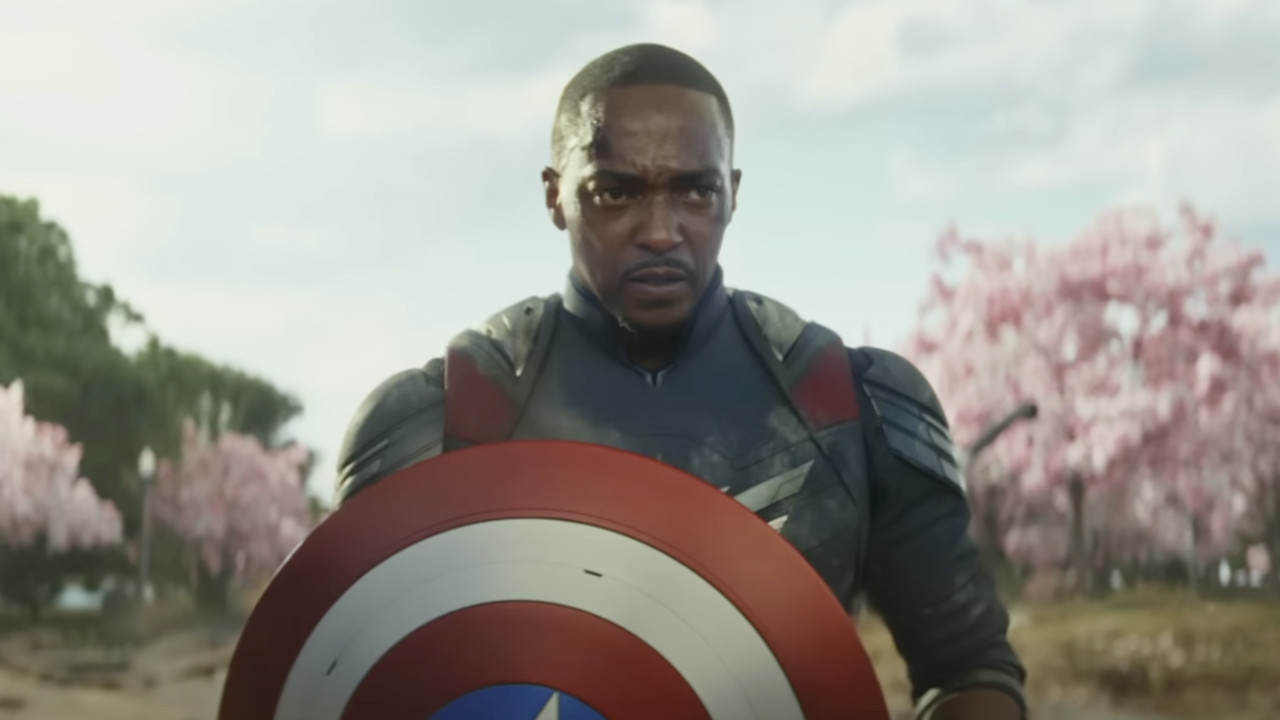
Anthony Mackie made his screen debut as the new Cap in Captain America: Brave New World and a world-famous bear returned home in Paddington in Peru, among other exciting releases, in February 2025.
Title | Rating | Starring | Release Date |
|---|---|---|---|
Kinda Pregnant (Netflix Release) | R | Amy Schumer, Jillian Bell | February 5, 2025 |
Becoming Led Zeppelin (IMAX Release) | PG-13 | Jimmy Page, Robert Plant | February 7, 2025 |
Bring Them Down | R | Christopher Abbott, Barry Keoghan | February 7, 2025 |
Heart Eyes | R | Devon Sawa, Olivia Holt | February 7, 2025 |
Love Hurts | R | Ke Huy Quan, Ariana DeBose | February 7, 2025 |
Marcella Mio (Wide Release) | NR | Chiara Mastroianni, Catherine Deneuve | February 7, 2025 |
No Other Land | NR | Yuval Abraham, Basel Adra | February 7, 2025 |
Parthenope | R | Celeste Dalla Porta, Stefania Sandrelli | February 7, 2025 |
The Witcher: Sirens of the Deep | TV-MA | Doug Cockle, Anya Chalotra | February 10, 2025 |
La Dolce Villa | PG | Scott Foley, Violante Placido | February 13, 2025 |
Armand (Wide Release) | R | Renate Reinsve, Ellen Dorrit | February 14, 2025 |
Becoming Led Zeppelin (Wide Release) | PG-13 | Jimmy Page, Robert Plant | February 14, 2025 |
Captain America: Brave New World | PG-13 | Anthony Mackie, Harrison Ford | February 14, 2025 |
Paddington in Peru | PG | Ben Whishaw, Hugh Bonneville | February 14, 2025 |
Rounding | NR | Namir Smallwood, Sidney Flanigan | February 14, 2025 |
Verona’s Romeo & Juliet | PG-13 | Rebel Wilson, Jason Isaacs | February 14, 2025 |
Cleaner | R | Daisy Ridley, Taz Skylar | February 21, 2025 |
The Comeback Trail | R | Robert De Niro, Tommy Lee Jones | February 21, 2025 |
Ex-Husbands | NR | Griffin Dunne, Rosanna Arquette | February 21, 2025 |
Lifeline | NR | Josh Stewart, Judah Lewis | February 21, 2025 |
The Monkey | R | Theo James, Tatiana Maslany | February 21, 2025 |
Old Guy | R | Christoph Waltz, Lucy Liu | February 21, 2025 |
The Unbreakable Boy | PG | Zachary Levi, Amy Acker | February 21, 2025 |
Gazer | R | Jack Alberts, Luis Arroyo Jr. | February 24, 2025 |
Last Breath | PG-13 | Woody Harrelson, Simu Liu | February 28, 2025 |
The Legend of Ochi | PG | Helena Zengel, Finn Wolfhard | February 28, 2025 |
My Dead Friend Zoe | R | Sonequa Martin-Green, Natalie Morales | February 28, 2025 |
No Address | R | Beverly D'Angelo, Kristanna Loken | February 28, 2025 |
Rats! | NR | Danielle Evon Ploeger, Luke Wilcox | February 28, 2025 |
Riff Raff | R | Ed Harris, Jennifer Coolidge | February 28, 2025 |
Unholy Song | NR | Jessica K. Chaves, Christopher Orozco | February 28, 2025 |
March 2025 Movie Releases
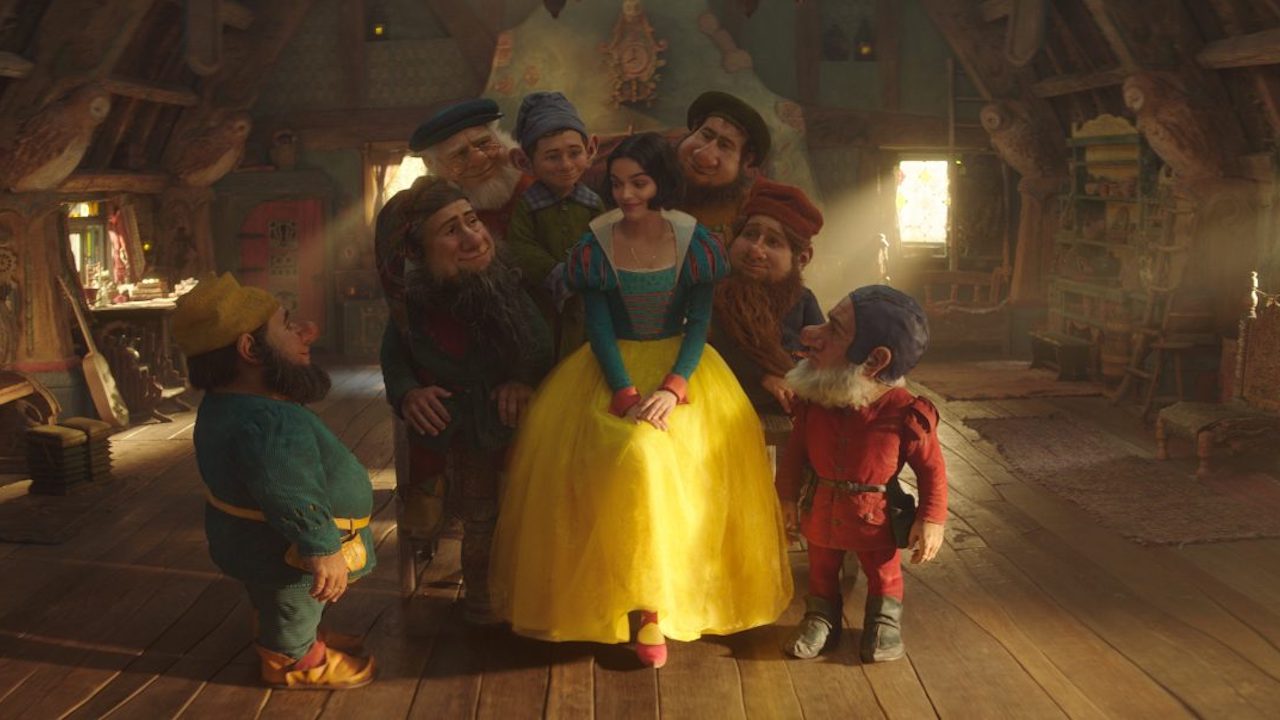
In March 2025, Robert Pattinson led Bong Joon-ho's new sci-fi dramedy Mickey 17 and Rachel Zegler led Disney's live-action Snow White remake.
Title | Rating | Starring | Release Date |
|---|---|---|---|
Eephus | NR | Frederick Wiseman, Bill Lee | March 7, 2025 |
F*** Marry Kill | R | Lucy Hale, Virginia Gardner | March 7, 2025 |
In the Lost Lands | R | Milla Jovovich, Dave Bautista | March 7, 2025 |
Mickey 17 | R | Robert Pattinson, Steven Yeun | March 7, 2025 |
Night of the Zoopocalypse | PG | David Harbour, Kyle Derek | March 7, 2025 |
On Becoming a Guinea Fowl (Limited Release) | PG-13 | Susan Chardy, Roy Chisha | March 7, 2025 |
Plankton: The Movie (Netflix Release) | PG | Mr. Lawrence, Jill Talley | March 7, 2025 |
Queen of the Ring | PG-13 | Emily Bett Rickards, Josh Lucas | March 7, 2025 |
The Rule of Jenny Pen | R | John Lithgow, Geoffrey Rush | March 7, 2025 |
Seven Veils | NR | Amanda Seyfried, Douglas Smith | March 7, 2025 |
Friendship | R | Tim Robinson, Paul Rudd | March 9, 2025 |
Control Freak (Hulu Release) | TV-MA | Kelly Marie Tran, Miles Robbins | March 13, 2025 |
Black Bag | R | Cate Blanchett, Michael Fassbender | March 14, 2025 |
The Empire | NR | Lyna Khoudri, Anamaria Vartolomei | March 14, 2025 |
The Last Supper | PG-13 | Robert Knepper, James Faulkner | March 14, 2025 |
Novocaine | R | Jack Quaid, Amber Midthunder | March 14, 2025 |
Opus | R | Ayo Edebiri, John Malkovich | March 14, 2025 |
O'Dessa (Hulu Release) | PG-13 | Sadie Sink, Murray Bartlett | March 20, 2025 |
The Alto Knights | R | Robert De Niro, Debra Messing | March 21, 2025 |
Ash | R | Eiza González, Aaron Paul | March 21, 2025 |
Asian Persuasion | R | Dante Basco, Geneva Carr | March 21, 2025 |
Bob Trevino Likes It | PG-13 | John Leguizamo, Barbie Ferreira | March 21, 2025 |
The Friend | R | Naomi Watts, Bill Murray | March 21, 2025 |
Locked | R | Bill Skarsgård, Anthony Hopkins | March 21, 2025 |
Magazine Dreams | R | Jonathan Majors, Harrison Page | March 21, 2025 |
Snow White | PG | Rachel Zegler, Gal Gadot | March 21, 2025 |
Holland (Amazon Prime Release) | R | Nicole Kidman, Matthew Macfadyen | March 27, 2025 |
Being Maria | NR | Anamaria Vartolomei, Matt Dillon | March 28, 2025 |
Death of a Unicorn | R | Paul Rudd, Jenna Ortega | March 28, 2025 |
Levon's Trade | R | Jason Statham, David Harbour | March 28, 2025 |
The Life List (Netflix Release) | PG-13 | Sofia Carson, Kyle Allen | March 28, 2025 |
Misericordia (Wide Release) | NR | Félix Kysyl, Catherine Frot | March 28, 2025 |
The Woman in the Yard | PG-13 | Russell Hornsby, Danielle Deadwyler | March 28, 2025 |
My Love Will Make You Disappear | NR | Kim Chiu, Paulo Avelino Arrives | March 28, 2025 |
A Working Man | R | Jason Statham, David Harbour | March 28, 2025 |
Viet and Nam | NR | Thanh Hai Pham, Duy Bao Dinh Dao | March 28, 2025 |
Keep your eyes peeled for updates to our upcoming 2025 movies schedule as release dates for these films are subject to change.

Jason Wiese writes feature stories for CinemaBlend. His occupation results from years dreaming of a filmmaking career, settling on a "professional film fan" career, studying journalism at Lindenwood University in St. Charles, MO (where he served as Culture Editor for its student-run print and online publications), and a brief stint of reviewing movies for fun. He would later continue that side-hustle of film criticism on TikTok (@wiesewisdom), where he posts videos on a semi-weekly basis. Look for his name in almost any article about Batman.
You must confirm your public display name before commenting
Please logout and then login again, you will then be prompted to enter your display name.
